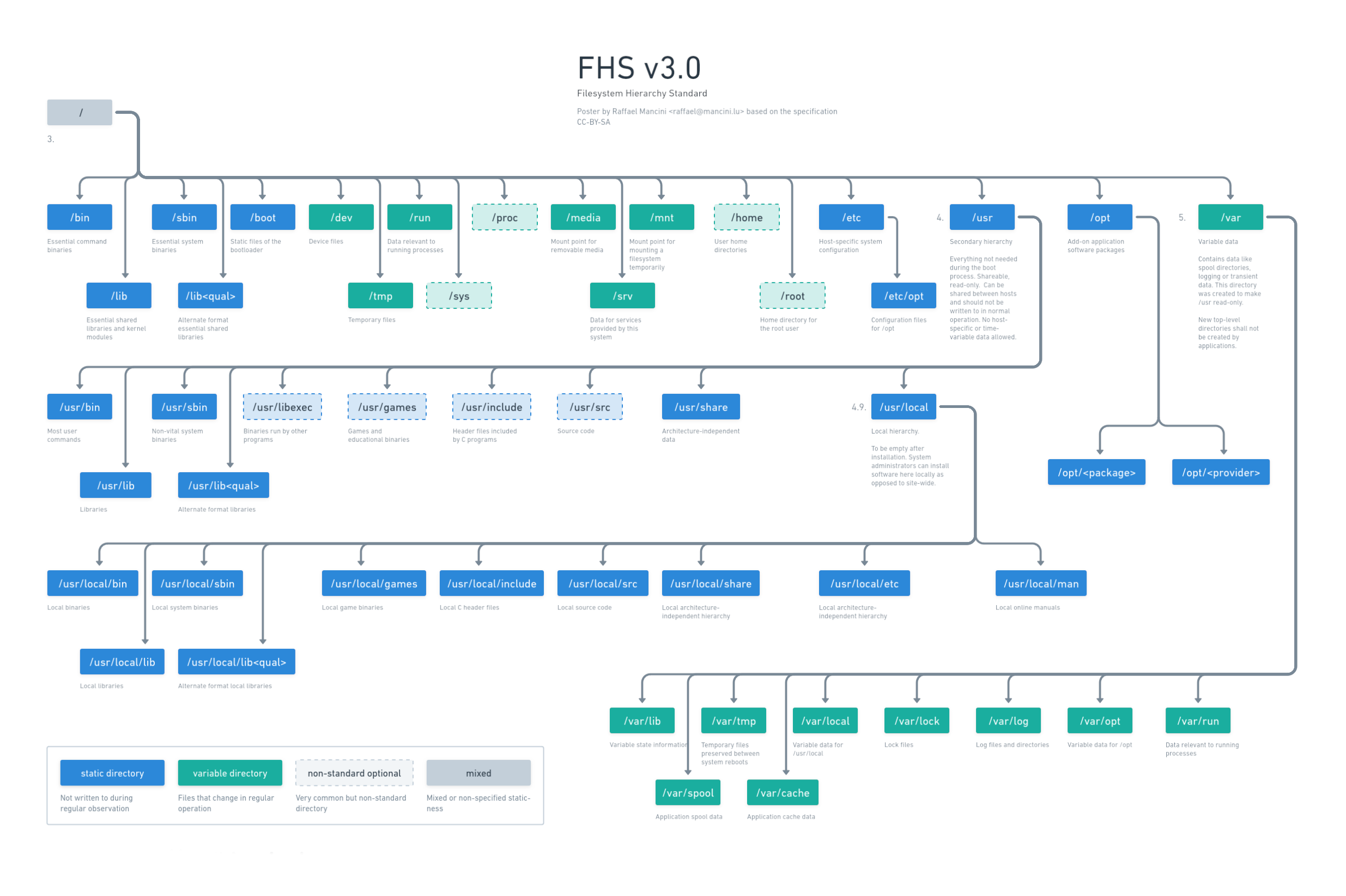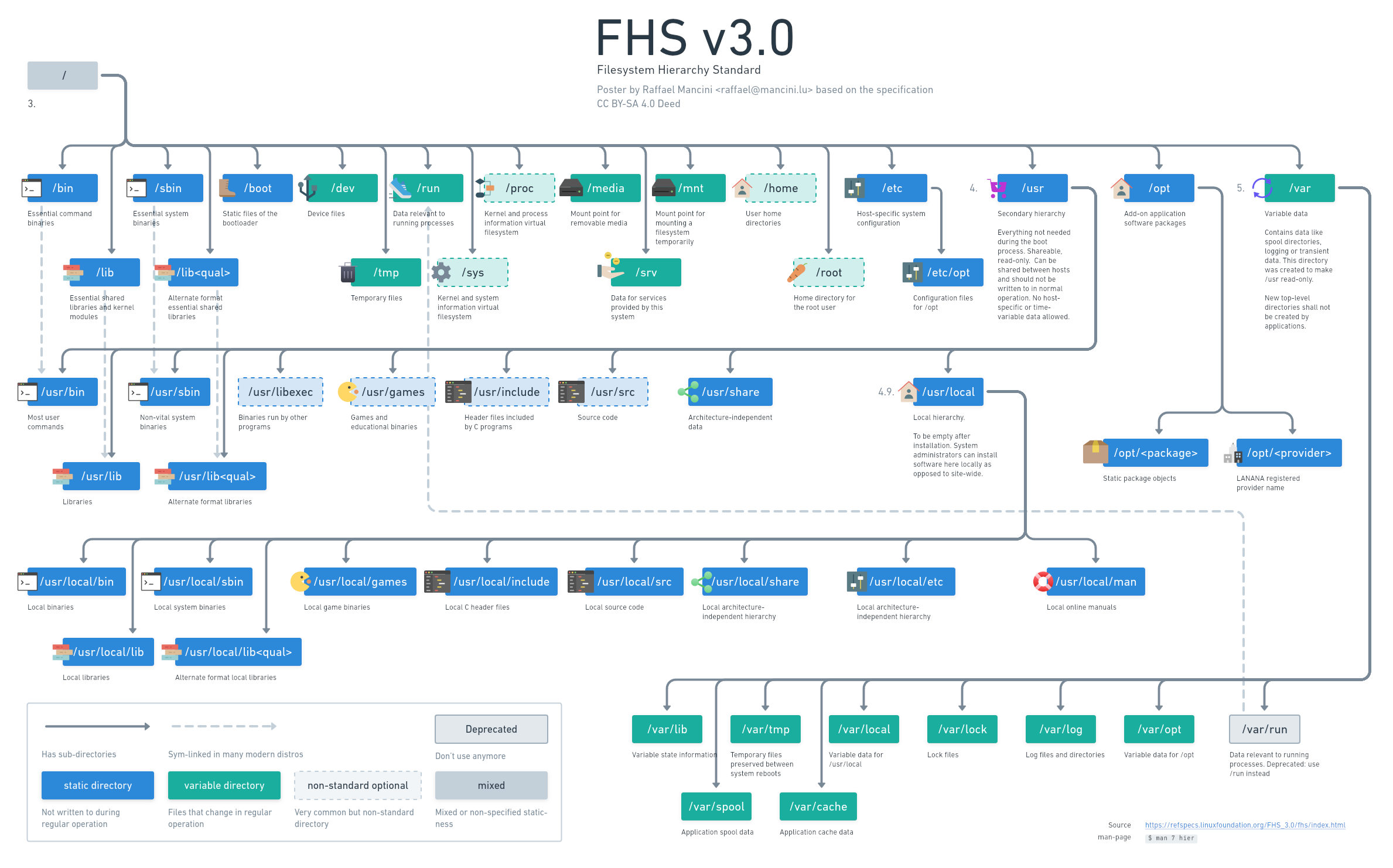562
you are viewing a single comment's thread
view the rest of the comments
view the rest of the comments
this post was submitted on 11 Dec 2023
562 points (98.4% liked)
Linux
48775 readers
618 users here now
From Wikipedia, the free encyclopedia
Linux is a family of open source Unix-like operating systems based on the Linux kernel, an operating system kernel first released on September 17, 1991 by Linus Torvalds. Linux is typically packaged in a Linux distribution (or distro for short).
Distributions include the Linux kernel and supporting system software and libraries, many of which are provided by the GNU Project. Many Linux distributions use the word "Linux" in their name, but the Free Software Foundation uses the name GNU/Linux to emphasize the importance of GNU software, causing some controversy.
Rules
- Posts must be relevant to operating systems running the Linux kernel. GNU/Linux or otherwise.
- No misinformation
- No NSFW content
- No hate speech, bigotry, etc
Related Communities
Community icon by Alpár-Etele Méder, licensed under CC BY 3.0
founded 5 years ago
MODERATORS



Great but what I'm missing is the information that "usr" does not stand for "user", like many people think or even say. If it would the name could actually be "user" and not "usr".
The chart actually does not say what exactly it stands for. It's "user resources" AFAIK.
It's worth clearing this up in my opinion.
Thanks for the input. Things are complicated: https://askubuntu.com/a/135679 . Apparently it originally meant "user" but then slowly was used for system stuff. So people invented backcronyms.
That's just retconning/backronyming it.
/usr does historically stand for user. It's where the user home directories were on old Unix versions.